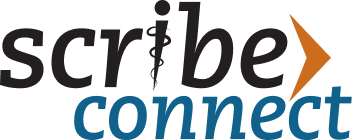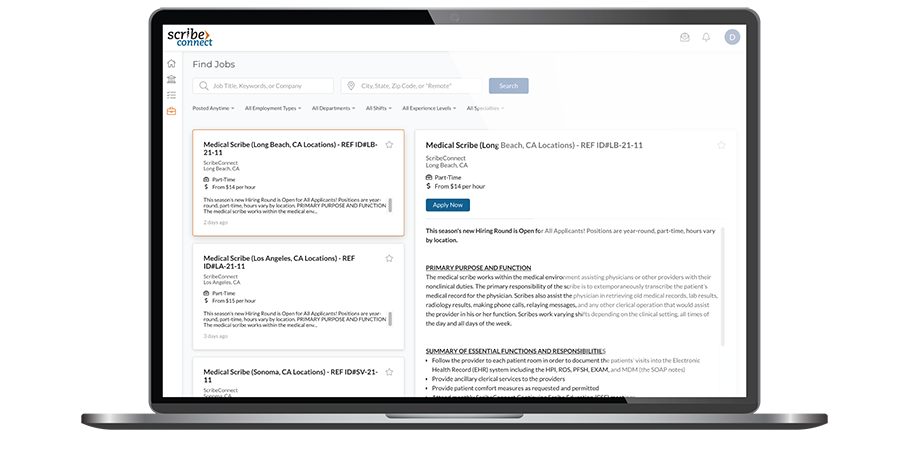Learn to face the unknown is vital to improving doctor-patient interaction.
Idyllwild, CA – July 1, 2016 – by Kasaan Hammon
The “unknown” is an intrinsic aspect to the doctor-patient interaction. The patient has come with questions, and very often fear, of the unknown…”What is going on in my body? How can you help me?” Meanwhile, the doctor faces the unknown diagnosis, as well as the unknown outcome…”What IS going on in your body? How will I treat it? Will the treatment work?” Both sides come into the relationship uncertain and yet desiring to unravel the mystery.
This points to a greater paradox of human nature, in which we are both hardwired to be apprehensive of the unknown, for the sake of self-preservation, and yet undeniably driven by curiosity to explore the unknown. Professor of Communications and Political Science at the University of Delaware Lindsay Hoffman explains, “Humans have always been scared of the unknown. When Christopher Columbus sailed across the ocean, people were frightened he was going to sail right off the end of the earth. There is a stigma of the unknown for the obvious reasons that we are not sure and we do not understand the consequences.”(1) And yet, as paleontologist Maeve Leakey describes, “Exploration seems a human compulsion, a human obsession even.”(2)
The world of medicine is full of the mystery of the unknown, accompanied by equal parts fear and fascination. As Dr. Sushrut Jangi puts it, “There is something intriguing in the medical puzzle, as there is in any good mystery. Collecting clues and dismissing the red herrings, watching the story inexorably unfold.”(3) Dr. Atul Gawande, a former Rhodes scholar and Harvard Medical School graduate, describes his profession as an “enterprise of constantly changing knowledge, uncertain information, fallible individuals, and at the same time lives on the line.”(4)
In this way, doctors are explorers, mystery hunters, and professional problem solvers. The medical chart itself in many ways mirrors the scientific steps of problem-solving: initial hypothesis, historical context, searching for attributes, documenting confirmatory and unsupportive signs, revision, and ultimately conclusion.(5)
A penchant for problem-solving is sometimes considered by med students when choosing a specialty to pursue. When asked which specialty has the most problem-solving in it, critical care and nephrology often top lists. Others are drawn to the wonders of internal medicine and infectious disease, sometimes preferring to pursue these areas in academic versus clinical settings. Some describe radiology as “solving puzzles all day long – you’re looking at images which might show multiple abnormalities and trying to piece them together with the history and test results you’ve been given to come to a diagnosis.”(6) For others, psychiatry may not have the same quick fix in diagnosis and treatment, but it involves unveiling of more long-term mysteries as one explores the human mind.
Dr. Kristan Ahler chose pathology as her outlet for mystery hunting. “I originally thought about neurosurgery, and then once I got to school, I became interested in general surgery,” recalls Ahler, who received her medical degree from Mount Sinai School of Medicine after receiving a Bachelor’s in biology from Brandeis University. “But once I started, I realized that pathology was indeed the best field for me. It’s better suited for my personality because I really like working on puzzles and problem-solving.”(7)
There are some programs designed specifically to explore and solve medical mysteries. The Undiagnosed Diseases Program (UDP), created by the National Institutes of Health in 2008, was created with the mission to provide answers to patients with mysterious conditions that have eluded diagnosis and to advance medical knowledge about both rare and common diseases. The program is a clinical research initiative of the National Human Genome Research Institute (NHGRI), the NIH Clinical Center, and the NIH Office of Rare Diseases Research (ORDR). Instead of a single disease, UDP tackles the hardest-to-diagnose disorders, relying on NIH specialists in endocrinology, immunology, oncology, dermatology, dentistry, cardiology, genetics, and other areas to come up with insights about cases that have often been troubling patients for years.
Nerina Garcia-Arcement, a licensed clinical psychologist and a clinical assistant professor at the NYU School of Medicine, says that “fearing the unknown is something we all experience at some point in life.”(8) For those working in the world of medicine, despite the fear and uncertainty that it involves, this is often eclipsed by the passion to investigate and discover the answers.
Dr. Jangi reveals another importance of exploring the medical mystery, beyond seeking diagnoses. “The medical mystery often hinges on arriving at a diagnosis. But these mysteries, however intriguing, are only the first layer, a facade of the whole story.” Until we ask the broader questions to get a view of a patient’s life, “only then do we truly understand the clues found in the periphery beyond illness, the life into which illness comes. And in that periphery is a far more wondrous mystery than simply solving a case. It is in this periphery where we teach the other what it means to fall ill, to lose faith, to feel stuck, to feel pain, to feel crazy, to grow old, to find grace, to stand up, to forgive yourself, to find peace. And in such an exchange, we open doors, for a moment, into each other’s lives.”
(1) Lindsay Hoffman, “The Fear of the Unkwown,” Huffington Post, June 2015. (2) Stewart Weaver, “What drives humans to explore the unknown?,” University of Rochester Newscenter, February 2015. (3) Dr. Sushrut Jangi, “Questions Doctors Can’t Bill For,” Boston Medical Mysteries, January 2014. (4) Atul Gawande, Complications: A Surgeon’s Notes on an Imperfect Science, Picador, 2003. (5) John Weinman, An Outline of Psychology as Applied to Medicine, Butterworth-Heinemann, October 2013; and MacWhinney, 1973. (6) Student Doctor Network, “Specialties with the most problem solving,” 2007-2012. (7) Joe Morris, “Physician Spotlight: Puzzle Guru,” East Tennessee Medical News, January 2014. (8) Rheyanne Weaver, “Coping While You Wait for Medical Test Results,” EmpowHer.com, June 2012.
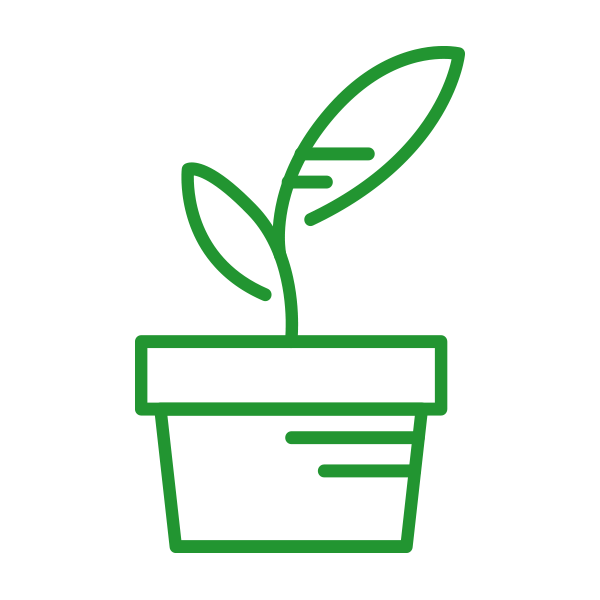 In-House Scribe SolutionsTake control of your medical scribe program
In-House Scribe SolutionsTake control of your medical scribe program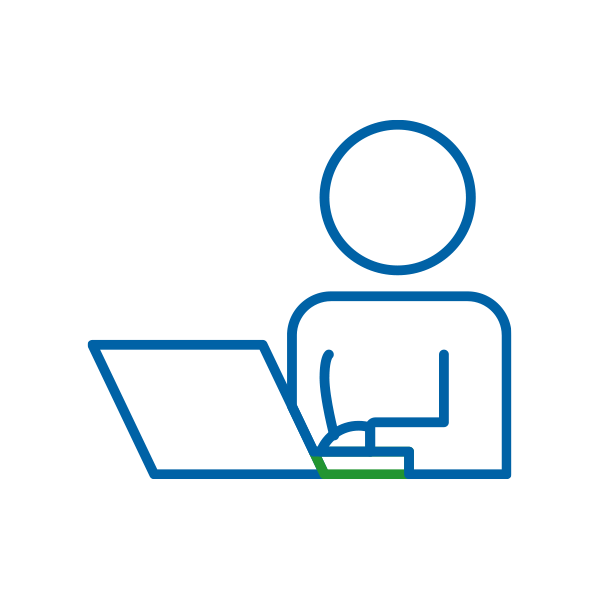 Contracted Full-Service Scribe SolutionsWe Build a Turn-Key Scribe Program For Your Organization
Contracted Full-Service Scribe SolutionsWe Build a Turn-Key Scribe Program For Your Organization In-House Scribe SolutionsTake control of your medical scribe program
In-House Scribe SolutionsTake control of your medical scribe program In-house Scribe Program OverviewWith the ScribeConnect Scribe Management Platform you can have the best part of medical scribe’s EHR documentation help right in your organization.
In-house Scribe Program OverviewWith the ScribeConnect Scribe Management Platform you can have the best part of medical scribe’s EHR documentation help right in your organization. Overview and Key featuresMedical scribe management doesn’t have to be difficult, no matter what every other scribe providers tell you. The only SaaS medical scribe management platform is here for you.
Overview and Key featuresMedical scribe management doesn’t have to be difficult, no matter what every other scribe providers tell you. The only SaaS medical scribe management platform is here for you.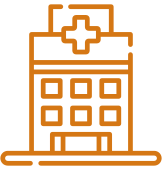 for Healthcare OrganizationsFrom large hospital systems across urban centers, to small clinics operating in rural areas, our platform is designed to scale, grown, and accommodate your medical scribing needs.
for Healthcare OrganizationsFrom large hospital systems across urban centers, to small clinics operating in rural areas, our platform is designed to scale, grown, and accommodate your medical scribing needs. for Education InstitutesLooking for ways to offer your pre-med and pre-PA students more value? Or have a scribe training curriculum already in place and looking for a wider medical student audience? We can help.
for Education InstitutesLooking for ways to offer your pre-med and pre-PA students more value? Or have a scribe training curriculum already in place and looking for a wider medical student audience? We can help. for Scribe ApplicantsApply to medical scribe job openings across the country, and join a community of thousands of medical scribes. Access our comprehensive scribe training courses and more!
for Scribe ApplicantsApply to medical scribe job openings across the country, and join a community of thousands of medical scribes. Access our comprehensive scribe training courses and more!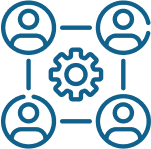 How to use our PlatformOur platform is simple to use, with robust features and powerful tools. Learn how to get the most out of our SaaS based platform with tips and tricks.
How to use our PlatformOur platform is simple to use, with robust features and powerful tools. Learn how to get the most out of our SaaS based platform with tips and tricks. Contracted Full-Service Scribe SolutionsWe Build a Turn-Key Scribe Program For Your Organization
Contracted Full-Service Scribe SolutionsWe Build a Turn-Key Scribe Program For Your Organization Full-Service Scribe Program OverviewWe hire, train, and manage your medical scribes so you don't have to.
Full-Service Scribe Program OverviewWe hire, train, and manage your medical scribes so you don't have to.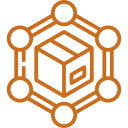 Any provider, any time, anywhere.ScribeConnect has provided full-service, turn-key medical scribe programs for healthcare organizations large and small.
Any provider, any time, anywhere.ScribeConnect has provided full-service, turn-key medical scribe programs for healthcare organizations large and small. Frequently Asked QuestionsHere are some frequently asked questions that may help you decide whether or not a medical scribe program is right for you.
Frequently Asked QuestionsHere are some frequently asked questions that may help you decide whether or not a medical scribe program is right for you. Healthcare OrganizationsOur platform empowers your organization with intuitive tools to recruit, track applicants, train & certify scribes, and manage teams. Build and grow a strong and dynamic scribe program of any size with confidence.
Healthcare OrganizationsOur platform empowers your organization with intuitive tools to recruit, track applicants, train & certify scribes, and manage teams. Build and grow a strong and dynamic scribe program of any size with confidence. Healthcare OrganizationsOur platform empowers your organization with intuitive tools to recruit, track applicants, train & certify scribes, and manage teams. Build and grow a strong and dynamic scribe program of any size with confidence.
Healthcare OrganizationsOur platform empowers your organization with intuitive tools to recruit, track applicants, train & certify scribes, and manage teams. Build and grow a strong and dynamic scribe program of any size with confidence.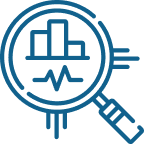 Solutions For Your Healthcare OrganizationEase your documentation load, keep your providers happy, and improve your revenue cycle with ScribeConnect Medical Scribe Solutions. Designed for Healthcare Networks, Clinics, Hospitals, Emergency Departments, and Practice Management Groups
Solutions For Your Healthcare OrganizationEase your documentation load, keep your providers happy, and improve your revenue cycle with ScribeConnect Medical Scribe Solutions. Designed for Healthcare Networks, Clinics, Hospitals, Emergency Departments, and Practice Management Groups Post A Job & Track ApplicantsWhether you're hiring one scribe, or an entire team or teams of scribes, we have America's largest dedicated medical scribe job board. Post, manage, and HIRE the most qualified scribes.
Post A Job & Track ApplicantsWhether you're hiring one scribe, or an entire team or teams of scribes, we have America's largest dedicated medical scribe job board. Post, manage, and HIRE the most qualified scribes. Course CatalogOur industry-leading, academically-based, professional Medical Scribe Training Courses (MSTCs) are designed for a range of topics, from general and continuing scribe training to in-depth specialty-specific courses.
Course CatalogOur industry-leading, academically-based, professional Medical Scribe Training Courses (MSTCs) are designed for a range of topics, from general and continuing scribe training to in-depth specialty-specific courses. Educational InstitutionsFrom enrollment to alumni services, ScribeConnect’s platform can be your powerhouse medical scribe training and certification program.
Educational InstitutionsFrom enrollment to alumni services, ScribeConnect’s platform can be your powerhouse medical scribe training and certification program. Educational InstitutionsFrom enrollment to alumni services, ScribeConnect’s platform can be your powerhouse medical scribe training and certification program.
Educational InstitutionsFrom enrollment to alumni services, ScribeConnect’s platform can be your powerhouse medical scribe training and certification program. Academic PartnershipsSee what a partnership with ScribeConnect can do for your department and institution.
Academic PartnershipsSee what a partnership with ScribeConnect can do for your department and institution. Learn About Our Collegiate CoursesLearn about our academically-rigorous certificate courses that have been developed for the college student and how they can complement & expand your program's offerings.
Learn About Our Collegiate CoursesLearn about our academically-rigorous certificate courses that have been developed for the college student and how they can complement & expand your program's offerings.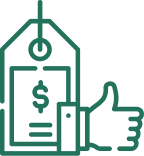 Financial Partnership ProgramSee how our financial partnership program can provide your institution with a new income stream in an extremely fast-growing, emerging, and competitive industry.
Financial Partnership ProgramSee how our financial partnership program can provide your institution with a new income stream in an extremely fast-growing, emerging, and competitive industry. ScribesAspiring scribes begin their education and path to employment here, while experienced scribes can learn valuable new skills and specialty-specific knowledge to take it to the next level.
ScribesAspiring scribes begin their education and path to employment here, while experienced scribes can learn valuable new skills and specialty-specific knowledge to take it to the next level. ScribesAspiring scribes begin their education and path to employment here, while experienced scribes can learn valuable new skills and specialty-specific knowledge to take it to the next level.
ScribesAspiring scribes begin their education and path to employment here, while experienced scribes can learn valuable new skills and specialty-specific knowledge to take it to the next level.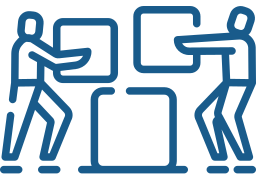 What We Can Do For YOU?ScribeConnect has built a rich legacy of helping pre-medical professionals launch their careers. Now we're providing more powerful tools than ever before to help you win. See how.
What We Can Do For YOU?ScribeConnect has built a rich legacy of helping pre-medical professionals launch their careers. Now we're providing more powerful tools than ever before to help you win. See how. Find JobsSearch our job board and apply to jobs in your area. Apply to work directly with ScribeConnect at one of our locations or apply directly to one of our partners.
Find JobsSearch our job board and apply to jobs in your area. Apply to work directly with ScribeConnect at one of our locations or apply directly to one of our partners.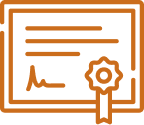 Course CatalogPosition yourself above the competition when you get certified through our rigorous Medical Scribe Training Courses (MSTCs). You'll be prepared and equipped to work as a scribe in the medical setting of your choice.
Course CatalogPosition yourself above the competition when you get certified through our rigorous Medical Scribe Training Courses (MSTCs). You'll be prepared and equipped to work as a scribe in the medical setting of your choice.